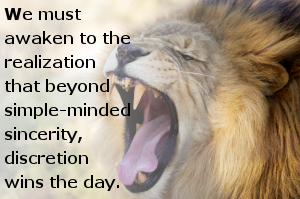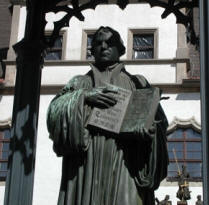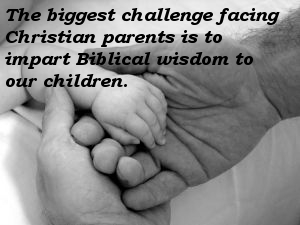
Having been in our new church ministry just over a year, my husband and I have kept very busy getting into the lives of our dear church people. While developing these relationships has found us in a number of settings, one evening it found us in the stands at a public high school basketball game cheering on a young boy from our church. We assumed it would be both fun and relationally productive. In the end, both results were accomplished … and, to our surprise, much more.
I guess you could say I’ve been “sheltered.” Having attended Christian school eleven years and home school for one, I was never faced with the constant negative influences prevalent in an institution whose motto doesn’t contain allusions to “the glory of God.” Furthermore, my parents, though never unreasonable, did their best to make me “wise in what is good, and innocent in what is evil” (Rom. 16:19, NASB). Given that as a backdrop, maybe my reaction to the half-time dance show isn’t too surprising.
I love to watch people. As the game progressed I took notice of the lively high-school students, the band (wow, what a talented bunch!), and the parents. The dance team gathering in the corner of the gym also caught my eye as they warmed up, giving me a taste of what was to come. Having a weakness toward sexual sins of the mind, I must work to suppress any curiosity in these matters and I knew viewing the upcoming dance show would not be beneficial. Thankfully, I had a good excuse to miss it, with my three- and four-year-olds needing a bathroom break. Trudging through the thick crowd while the dance routine began, I took keen notice of the spectators, young and old alike, whose eyes were glued to this entertainment. Frankly, I would have loved to indulge in a glance myself but God’s gracious leading prevented me. We continued to exit the bleachers but my mind was racing. Inside I wanted to yell, “Don’t you get it?! Need we wonder why there are so many broken homes, unfaithful spouses, or teen pregnancies? You make it too easy!”
 Introduction
Introduction Read
Read  Self-Deception and the Christian Life
Self-Deception and the Christian Life “Awake, awake, Deborah: awake, awake, utter a song!” (Judg. 5:12). My college friend read me this verse. He had been praying about getting married. All of us Bible college dorm students had been praying about getting married. The Lord had told him to marry Debby. As he was praying for guidance, he opened his King James and his eyes fell upon this verse. It had to be God’s direction. I replied that it was a good thing he was in love with a Deborah. If he had been in love with a Gertrude, how could God have given him direction?
“Awake, awake, Deborah: awake, awake, utter a song!” (Judg. 5:12). My college friend read me this verse. He had been praying about getting married. All of us Bible college dorm students had been praying about getting married. The Lord had told him to marry Debby. As he was praying for guidance, he opened his King James and his eyes fell upon this verse. It had to be God’s direction. I replied that it was a good thing he was in love with a Deborah. If he had been in love with a Gertrude, how could God have given him direction?


 The Need for Wisdom
The Need for Wisdom Hi, I’m Brent. And I am a recovering legalist. I’m looking for a support group for people like me.
Hi, I’m Brent. And I am a recovering legalist. I’m looking for a support group for people like me. Believers in America are contemplative these days. Though confident in the workings of a sovereign God who rules over the kingdoms of men, their mood has become increasingly somber as the political and economic pendulum has swung out of reach.
Believers in America are contemplative these days. Though confident in the workings of a sovereign God who rules over the kingdoms of men, their mood has become increasingly somber as the political and economic pendulum has swung out of reach.
Discussion